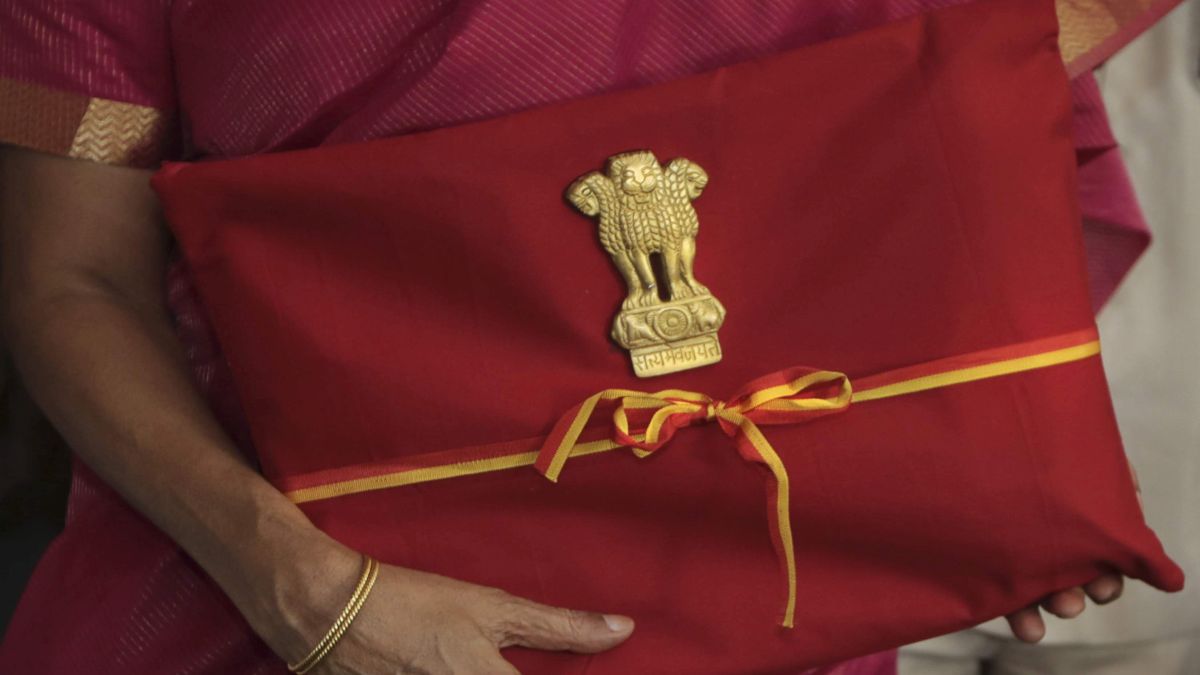As India approaches the much-anticipated Budget announcements for 2025, preparations by the government as well as the industry, are in full swing. While industry bodies have been busy sharing their wish list, the government is trying to prioritise these asks keeping in mind the impact on revenue as well as its overall agenda of trade facilitation.
As an emerging economic power with aspirations for greater global integration, India’s efforts on reducing litigation and bringing certainty is critical for growth objectives. Dispute resolution measures are important policy steps in that direction.
Objectives of a dispute resolution scheme:
Any dispute resolution scheme announced under the tax laws helps the government in recovering old pending dues, reduces the burden on Government machinery to manage these pro-longed disputes and showcases government’s intent to improve trade facilitation. On the other hand, for the trade and industry, it saves thousands of man hours going into managing these disputes, it reduces the cost of doing business as well as brings certainty which has innumerable intangible benefits.
The government recently launched an amnesty scheme under the GST law which was introduced seven years ago on July 01, 2017. The scheme covers the period 2017-18 to 2019-20 and provides a waiver from interest and penalty for covered disputes. While the GST Amnesty scheme covers a very limited period and limited scenarios, a full-fledged Dispute Resolution Scheme under indirect taxes, known as Sab ka Vishwas Legacy Dispute Resolution Scheme (SVLDRS) was launched in 2019 which covered all pending historical disputes under Central Excise and Service tax. The coverage of SVLDRS was so massive that it received over 1.89 lakh applications, involving a total disputed amount of over INR 90,000 crores. As per the data published by the government, under SVLDRS, it collected over 27,000 crore of the disputed amount and covered around 79% of the total pending disputed cases in terms of the numbers.
It is interesting to note that while the government has introduced dispute resolution schemes under Excise and Service tax, no such scheme has been announced for Customs so far. Trade and industry have been advocating for such kind of a scheme for long, to resolve thousands of pending disputed cases; however, a roadmap for the same is still awaited. In the last Union Budget, the Finance Minister mentioned about taking concrete steps to reduce dispute under Customs. It is therefore expected that such a dispute resolution scheme may be announced in the upcoming Budget to provide relief to thousands of taxpayers who have been spending time and effort in managing these litigations.
Impact Shorts
More ShortsWhat should be the focus of the dispute resolution scheme under Customs?
Customs law has several types of disputes such as disputes related to classification, duty benefits/concessions, valuation of goods, applicability of additional duties, export of goods and associated incentives. In several cases, while the main levy of duty is under a different Act, the same is administered under the provisions of Customs laws. Accordingly, as a first step, the government can introduce the dispute resolution scheme pertaining to duties levied as well as administered under the Customs Act, 1962 and under the Customs Tariff Act 1975. Depending upon the outcome of the initial dispute resolution scheme, the remaining levies can be covered under a subsequent scheme.
The Central government has demonstrably undertaken several trade facilitation measures in the last few years to improve investor sentiment. However, for India to solidify its position as a global leader, more efforts are needed to bring certainty in the way trade is conducted. By introducing a taxpayer friendly and simple dispute resolution scheme, India can cement its commitment to bring ease of doing business on the global front.
Gulzar Didwania is Partner – India Global Trade Advisory Leader - Deloitte India. Views expressed in the above piece are personal and solely those of the author. They do not necessarily reflect Firstpost’s views.
)